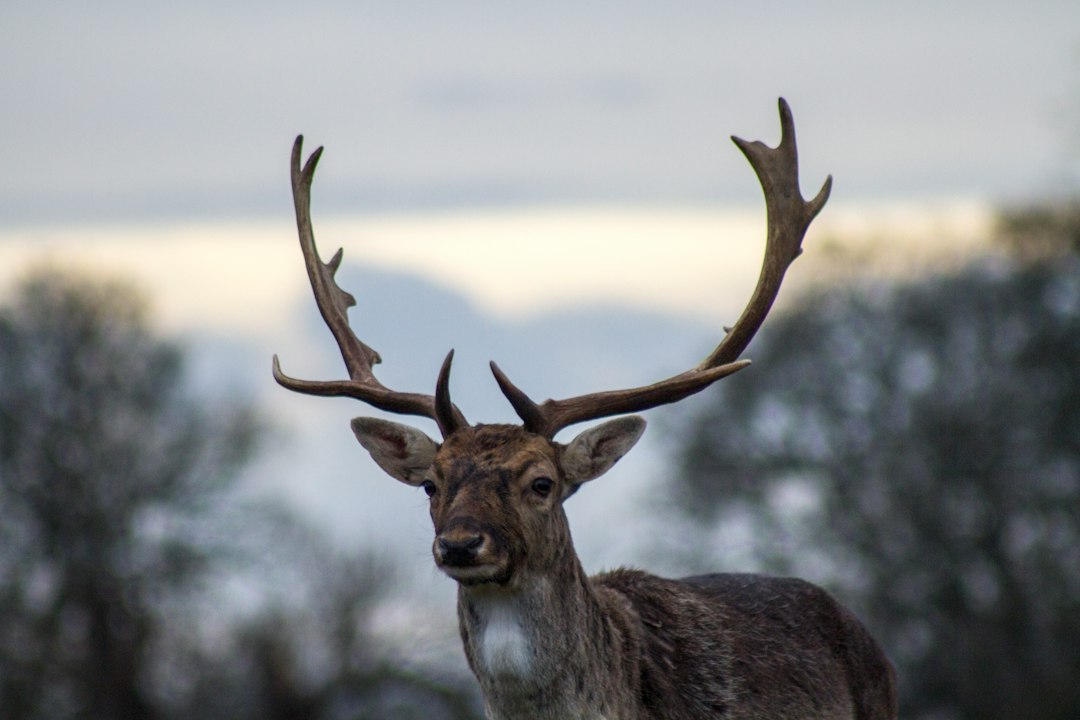The Science Behind Animal Intelligence: Are They Smarter Than We Think?
We often come across animals in our daily lives, whether they are our pets or creatures we encounter in the wild. We might marvel at their unique behaviors, problem-solving skills, or even their ability to communicate with humans in remarkable ways. But have you ever wondered about the true extent of animal intelligence? Are they smarter than we think? In this blog post, we will explore the science behind animal intelligence and delve into some surprising discoveries.
For centuries, humans have regarded themselves as the pinnacle of intelligence. However, recent scientific studies have challenged this notion, revealing that many animals possess cognitive abilities that rival or even surpass our own. One of the most fascinating aspects of animal intelligence lies in their problem-solving skills.
Take, for instance, the extraordinary intelligence of certain bird species, like crows and ravens. These birds have been observed using tools to retrieve food, a behavior once thought to be exclusive to humans. In controlled experiments, crows have demonstrated the ability to bend a piece of wire into a hook to extract food from a small tube—a task requiring complex problem-solving abilities. This remarkable feat provides compelling evidence that animal intelligence extends beyond humans.
Furthermore, various primates, such as chimpanzees and orangutans, exhibit astounding problem-solving skills. They have been observed fashioning tools to attain otherwise inaccessible food sources, using their understanding of cause and effect to attain their goals. Some primates have even been taught to use sign language, further indicating their remarkable cognitive abilities.
But how do these animals acquire such intelligence? Is it innate or learned? The answer lies in a combination of both genetic factors and environmental influences. Through evolutionary processes, animals have developed complex cognitive abilities to survive and adapt to their environments.
Moreover, scientists have discovered that animals possess advanced communication systems, allowing them to convey information and even emotions effectively. Dolphins, for example, have intricate vocalizations that are believed to be a form of communication. Their language-like sounds contain distinct patterns and can be used to coordinate group hunting or warn each other of potential dangers.
But it is not just the ability to communicate vocally that sets animals apart; they also make use of body language, gestures, and even scents to communicate with one another. Consider the intricate dances performed by honeybees to communicate the location of a food source to their hive mates. Researchers have found that bees use various movements and patterns to convey precise information, showcasing a remarkable level of intelligence within their species.
In recent years, research has extended our understanding of animal intelligence to marine creatures like octopuses. These enigmatic creatures exhibit problem-solving abilities comparable to those of primates. Researchers have conducted experiments where octopuses must navigate complex mazes or unscrew jars to access hidden food. Through a combination of trial and error and observational skills, octopuses have repeatedly demonstrated impressive problem-solving aptitude.
While the science behind animal intelligence continues to advance, some might wonder why it matters. Recognizing the capabilities of other species challenges our traditional understanding of human superiority. It allows us to respect and appreciate the unique qualities that each creature possesses, promoting a more compassionate view towards animals and their rights.
Furthermore, studying animal intelligence can yield invaluable knowledge for fields such as behavioral psychology and neuroscience. By understanding the cognitive abilities of animals, scientists can gain insights into human cognition and how it evolved. This knowledge can lead to improvements in animal welfare, conservation efforts, and even the development of artificial intelligence.
In conclusion, the science behind animal intelligence provides evidence that these remarkable creatures are indeed smarter than we think. From problem-solving skills to intricate communication systems, animals exhibit cognitive abilities that rival or surpass our own in many ways. Acknowledging and appreciating animal intelligence not only promotes animal rights but also enables us to uncover secrets about human cognition. So the next time you interact with an animal, remember, they may be much smarter than you realize.

